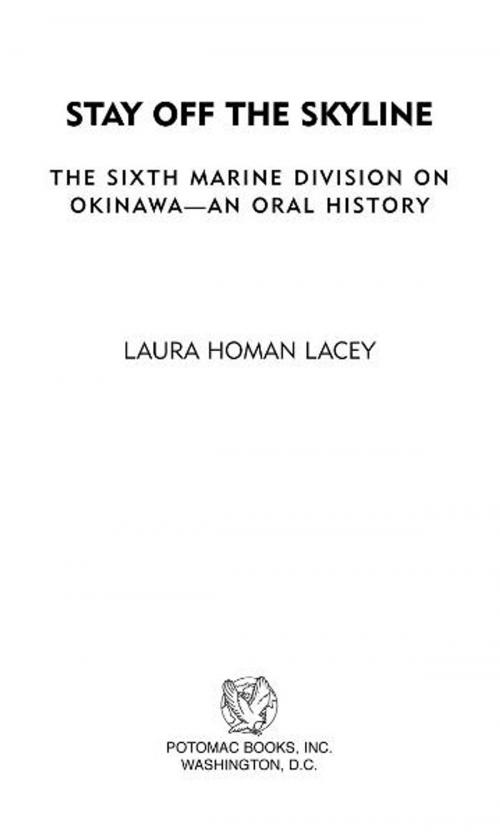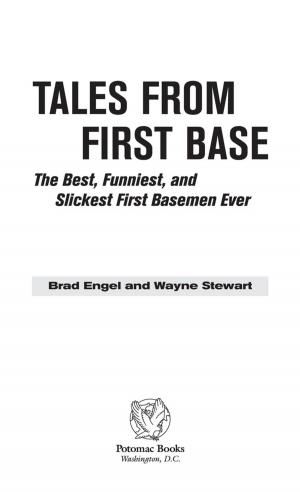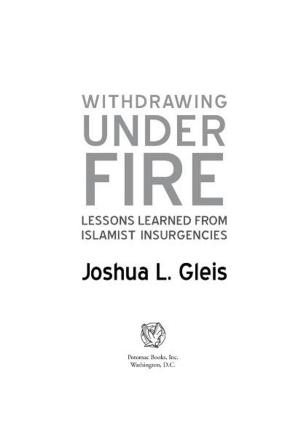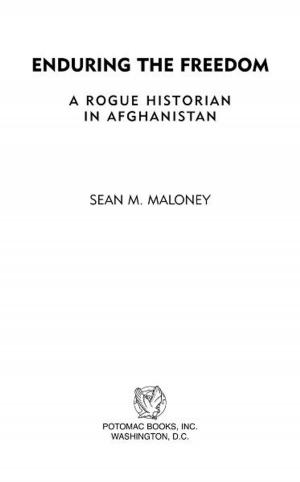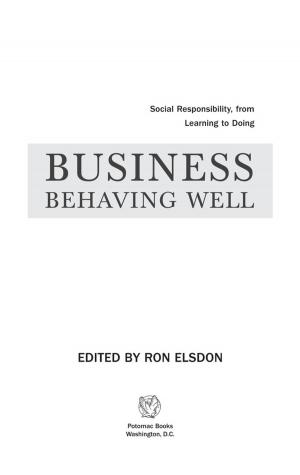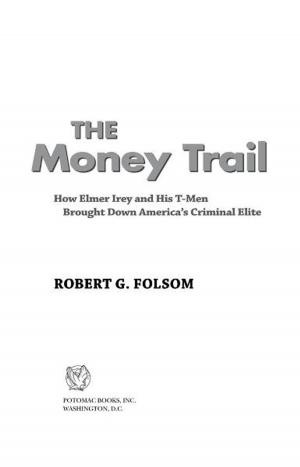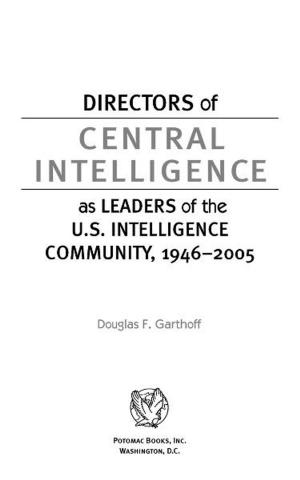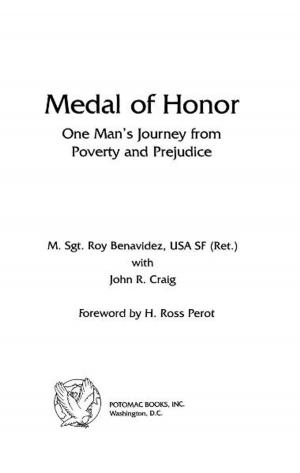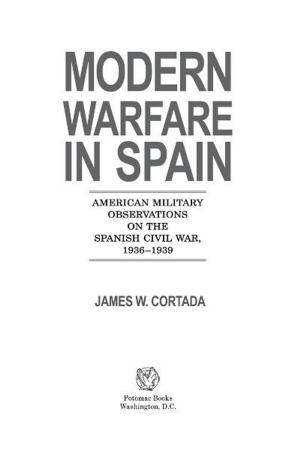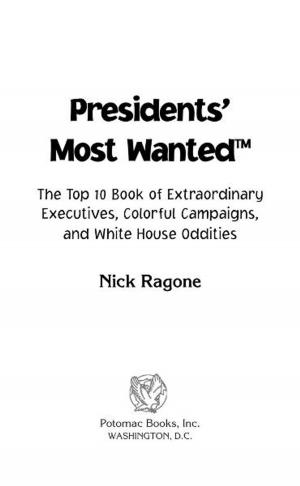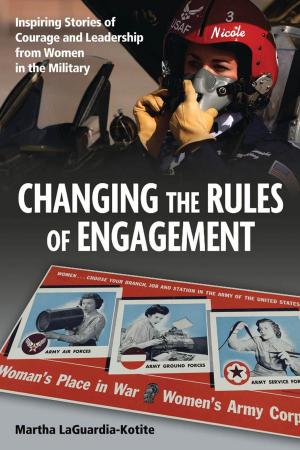| Author: | Laura Homan Lacey | ISBN: | 9781597974585 |
| Publisher: | Potomac Books Inc. | Publication: | June 30, 2007 |
| Imprint: | Potomac Books Inc. | Language: | English |
| Author: | Laura Homan Lacey |
| ISBN: | 9781597974585 |
| Publisher: | Potomac Books Inc. |
| Publication: | June 30, 2007 |
| Imprint: | Potomac Books Inc. |
| Language: | English |
The Sixth Marine Division holds a unique place in U.S. Marine Corps history, because it was retired after one great battle. The division was formed on Guadalcanal in September 1944, its ranks filled with battle-hardened veterans and untested replacement troops. The Sixth Division fought its only action on the island of Okinawa from April to June 1945 but entered the fight with more combat experience overall than any other Marine division in its initial battle. It disappointed no one. The Okinawa campaign involved eight Army and Marine divisions, but the Sixth captured most of the ground in some of the bloodiest fighting of the war. Weeks later, atomic attacks on two Japanese cities in early August 1945 swiftly ended the war. Before Hiroshima there was Okinawa. Because of Okinawa, in considerable part there was Hiroshima, wrote one reporter. With the invasion of Japan canceled, the Sixth Division went to China on occupation duty and, on 1 April 1946, was reorganized out of existence. As it was created overseas, so was it disbanded. This book tells the story of these Marines in their own words. Historian Laura Lacey - a Marine family member who has lived on Okinawa -sympathetically portrays the men who in 1945 fought a tremendous battle that she contends has not received its full share of attention from historians. Lacey considers the gritty details of close quarters combat and considers the myriad physical and psychological wounds that war wreaks. With Marines now engaged in a tough fight in Iraq, LaceyÆs book reminds us that whether or not a war is popular, war is indeed hell.
The Sixth Marine Division holds a unique place in U.S. Marine Corps history, because it was retired after one great battle. The division was formed on Guadalcanal in September 1944, its ranks filled with battle-hardened veterans and untested replacement troops. The Sixth Division fought its only action on the island of Okinawa from April to June 1945 but entered the fight with more combat experience overall than any other Marine division in its initial battle. It disappointed no one. The Okinawa campaign involved eight Army and Marine divisions, but the Sixth captured most of the ground in some of the bloodiest fighting of the war. Weeks later, atomic attacks on two Japanese cities in early August 1945 swiftly ended the war. Before Hiroshima there was Okinawa. Because of Okinawa, in considerable part there was Hiroshima, wrote one reporter. With the invasion of Japan canceled, the Sixth Division went to China on occupation duty and, on 1 April 1946, was reorganized out of existence. As it was created overseas, so was it disbanded. This book tells the story of these Marines in their own words. Historian Laura Lacey - a Marine family member who has lived on Okinawa -sympathetically portrays the men who in 1945 fought a tremendous battle that she contends has not received its full share of attention from historians. Lacey considers the gritty details of close quarters combat and considers the myriad physical and psychological wounds that war wreaks. With Marines now engaged in a tough fight in Iraq, LaceyÆs book reminds us that whether or not a war is popular, war is indeed hell.
